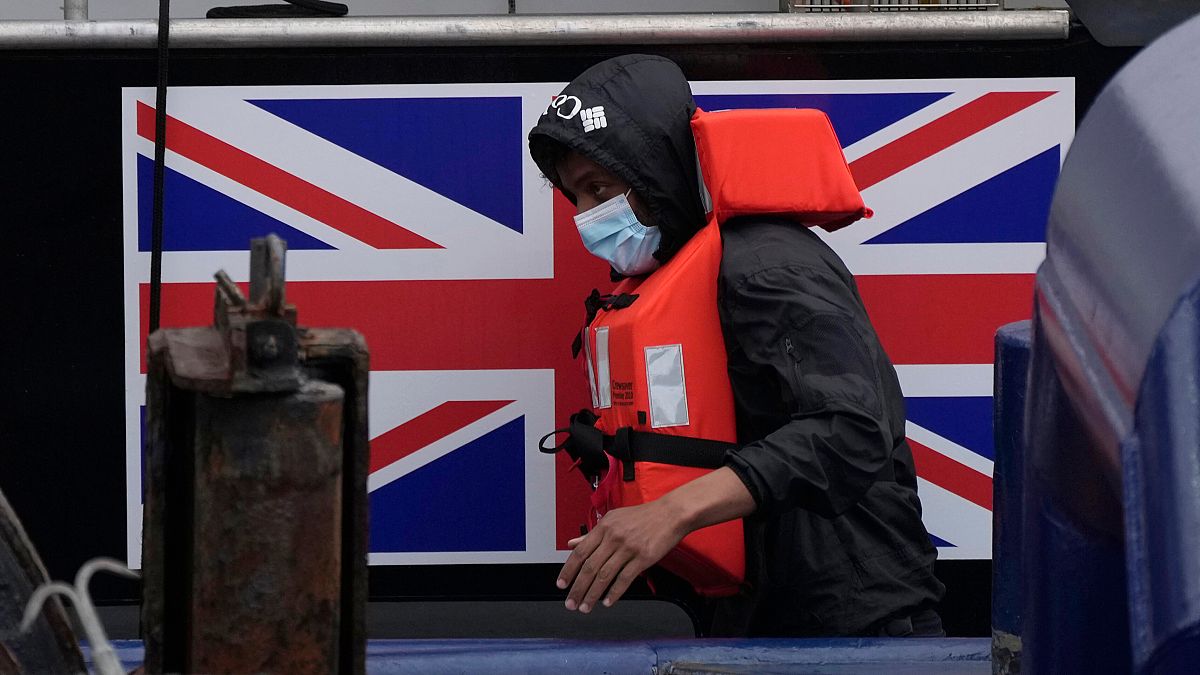Rishi Sunak's government has made 'stopping the boats' a central pillar of its nascent re-election campaign.
The UK will use controversial bone tests to determine the age of migrants claiming to be minors, the government announced on Tuesday.
The measure is part of a package of new provisions to be presented to parliament this week, Immigration Minister Robert Jenrick said in a statement, defending "a crucial new step" in the country's fight against illegal immigration.
The bill will "authorise the use of X-rays to scientifically determine the age" of a person when the question arises, he said. X-rays of teeth, hand and wrist bones and MRIs of knees and collarbones will be allowed.
The government's aim is to prevent adult migrants from passing themselves off as minors and thus benefiting from special assistance.
These tests are used in a number of European countries, but are hotly contested by both doctors and migrant aid associations, who question their reliability.
According to government figures, between 2016 and June 2023, there were 11,275 cases in which the age of asylum seekers was disputed. In almost half these cases (5,551), the people concerned were ultimately determined to be adults.
Britain's conservative government has made the fight against illegal immigration one of its top priorities.
In recent months, the government has significantly tightened its legislation in an attempt to curb the arrival of illegal migrants on its soil, particularly those crossing the Channel from France in makeshift boats.
Last year, over 45,000 people arrived via this route, and over 23,000 have reached British shores via the Channel crossing since the beginning of this year
Most of those who have arrived are seeking asylum, resulting in a bottleneck in the system for receiving and processing these applications. By the end of June, more than 175,000 people were awaiting decisions in their cases.
The law now prohibits migrants who have arrived by illegal means from applying for asylum, and provides for migrants to be deported to their own countries or to third countries.
However, sending at-risk people to other countries is fraught with legal jeopardy, and a project to start transferring people to Rwanda remains blocked by the British courts.
In the face of criticism, the government has promised to ease legal routes into the UK for those eligible, along the lines of those planned for Ukrainian refugees fleeing war or people threatened by the Taliban in Afghanistan.
The government announced on Tuesday that it would unveil its proposals for "safe and legal routes" to asylum next January.
